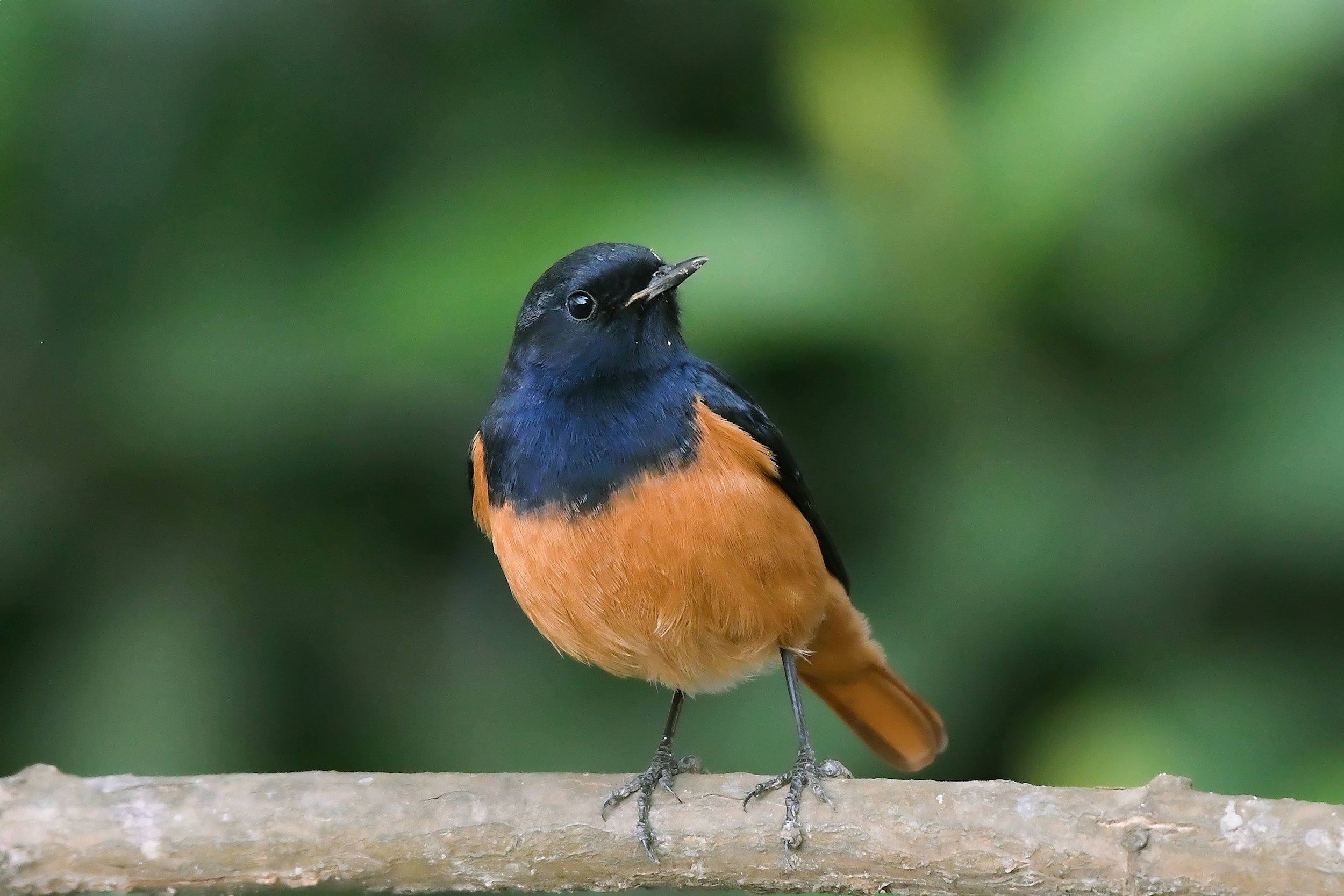
The Future of Animal Wellbeing in 2050
The Wilberforce Report
The Wilberforce Report is an attempt to understand the challenges and opportunities facing animal wellbeing through to 2050.
As the RSPCA celebrates its 200th anniversary, the world today – for animals and humans – looks very different to the world in 1824.
Today, the UK is a nation of animal lovers in ways that would have seemed implausible at the organisation’s founding.
Looking forward, it is possible to imagine society’s relationship to animals shifting again. Yet, it is very hard to predict with confidence what this change could be.
Critical issues – from climate change to technological change, from future pandemics to the state of our food systems – will shape the world for humanity, for animals, and the planet over the next 25, 50, and 100 years.
In the face of this uncertainty, scenario planning is a way to think constructively about the future.
Scenarios are stories about what the world might look like. They describe how different outcomes might emerge from the critical issues that are uncertain today.
The five scenarios in the Wilberforce Report are the output of a participative and creative process. They were developed in collaboration with different voices and perspectives on animal wellbeing, ranging from politicians to journalists, animal rights campaigners to academics, food tech companies to animal welfare lawyers.
The Wilberforce Report is not about predicting the future but helping people to think constructively about the uncertainties we face today.
The five scenarios are:
Tech-centric We address society’s problems with the aggressive application of technology, but animals and natural capital are assets and inputs, not part of the solution. Intensification and human disconnection from animals increases.
One Planet Animal wellbeing, biodiversity and sustainability are seen as central to a positive response to climate change, especially in the food system. A “protein transition” follows the “energy transition”.
Blinkered World In the light of difficult social and economic conditions, people become nostalgic and romantic for times past. Public support for animals is high, but this masks continued exploitation. Many uncomfortable issues are ignored. New technologies are rejected.
Eco Carnage A failure to tackle global issues leads to more geopolitically defensive and inward-looking politics. Attitudes to animals are shaped by food sovereignty and survival. Animal wellbeing is not salient.
Wildcard Scenario: Animals Speak Up Animal wellbeing becomes a first order public concern, because of an unexpected trigger that radically changes public attitudes.


